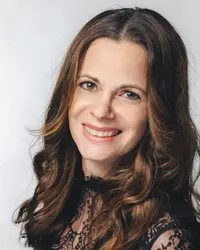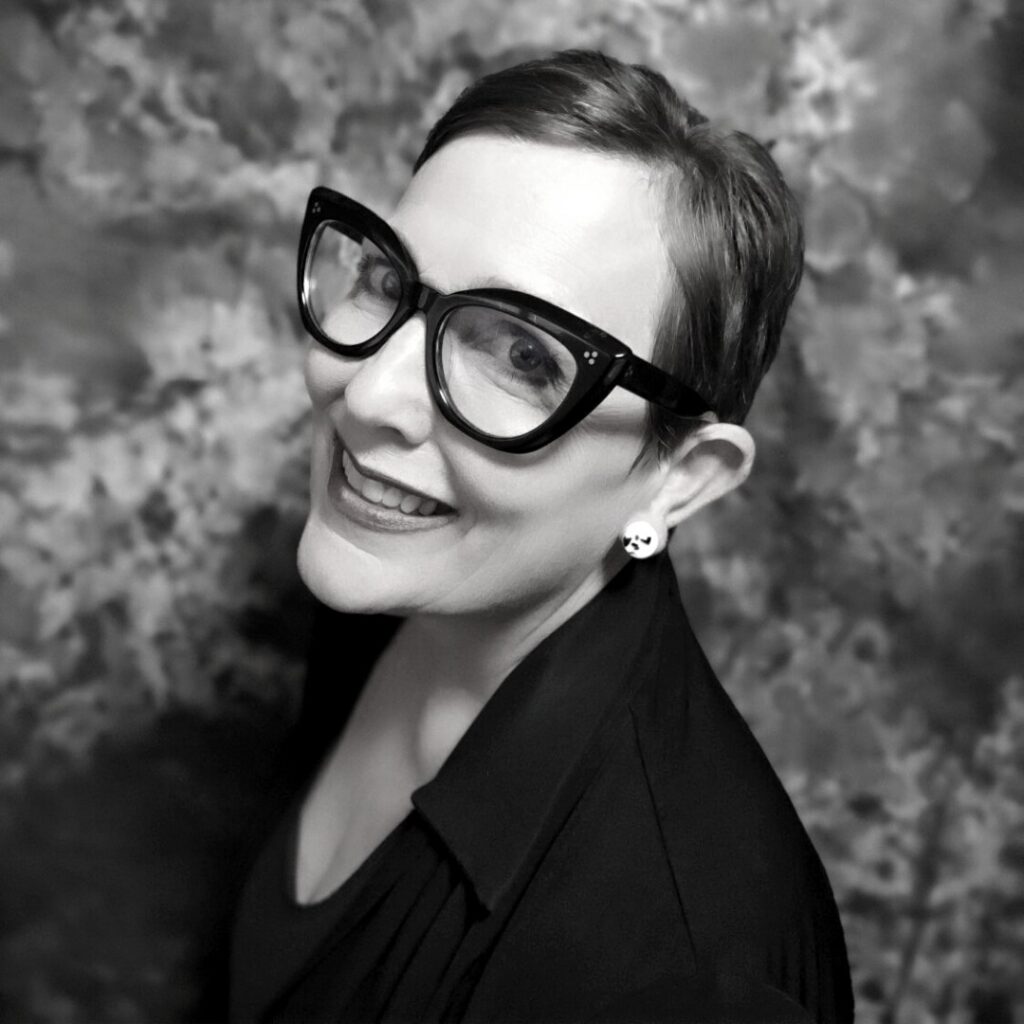The Oklahoma City University Ann Lacy School of American Dance and Entertainment is renowned throughout the country, consistently being one of the best-ranked dance programs in America, but what is behind the success of the dance program?

Artistic Director Tiffany van der Merwe and Executive Director Melanie Shelley attributed this continued success to several things, with Shelley pointing to three main goals for the department: making students employable, the stress of values and professionalism and a curriculum that prepares graduates to be versatile.
After time spent touring and teaching, van der Merwe said she reached out to former Dean and co-founder of the Ann Lacey School, John Bedford, for a letter of recommendation, who obliged her, only to offer her a job a few weeks later.
She declined this initial offer but accepted his next offer when a position opened later and has been teaching and directing at OCU since.
One area that separates OCU from other dance programs is the variety of skills students must learn, with van der Merwe saying, “most dance departments in the United States are ballet and modern-oriented.”
She explained that OCU students, “take ballet every day, take tap three times a week, jazz four times a week,” adding that, “we have theatre dance, we have pointe dance, we have hip hop, we have lyrical, so we delve into all the different styles of dance.”

“What our students get is a nimble mind. They are able to step into any creative situation, see what is being asked and try to replicate it as quickly and as accurately as needed for that moment,” van der Merwe said.
Shelley attributes this to co-founders John Bedford and Jo Rowan, saying, “instead of looking at what other schools were doing, the founders went to who was hiring to see what they wanted.”
Van der Merwe explained that OCU is also unique in how they teach dance, with OCU students being taught by five professors, rotating on a two-week schedule.
Shelley and van der Merwe accredited this to the number of full-time faculty members in the department, with most other programs having to rely on adjunct faculty instead.
Van der Merwe stressed the importance of discipline taught at OCU as well, saying, “in show business, if you don’t show up, somebody else will.”
“We have a pretty strict attendance policy to teach discipline, to teach that you have to pull yourself out of bed even when you don’t feel like it,” van der Merwe said.
One major change for the department that van der Merwe spoke on was the creation of the physical Ann Lacy School of American Dance and Entertainment, explaining that “we used to be spread out in dance studios all over campus.”
“That was a springboard because dancers want to dance and having a proper dance facility that’s clean and big, that’s what you need to move and leap and dance through the sky,” said van der Merwe.
Van der Merwe said, “that was a huge recalibration for our department. Once we were all in the same building, because all the offices were spread-out all-over campus too, so we, as professors, couldn’t connect and communicate.”
She explained that since the building’s construction, the program has added the Entertainment Business degree and the Dance Teacher degree.
Van der Merwe explained that the way the curriculum is lined up has been changed as well, with Shelley adding that there was a revamp in the curriculum in 2015, with students now starting their college careers as Dance Universal majors, being taught all aspects of dance, before auditioning for a specific major track.
Along with the change in curriculum, van der Merwe spoke about a more recent change in the administration of the department with the retirement of Dean Bedford and Dance Chair Jo Rowan.
“Instead of there being one chair of the dance department, now we have three chairs, we have a ballet chair, a tap chair, and a jazz chair,” she said.
“It’s been pretty exciting to see us get into a room together and bat ideas around and know when it’s time to lead, but also know when it’s time not to lead and to go, ‘I don’t necessarily have the answer for this,’ and to lean on each other and to trust each other to come to those answers together, so I’ve found that to be rewarding and exciting on this next chapter,” van der Merwe said.
Shelley explained that another unique aspect of the way dance is taught at OCU is by employing ten different levels, saying, “we level students in their dance classes, and it allows us to safely push our students in that style.”
One thing van der Merwe and Shelley stressed was the versatility of students, which comes from the classroom and through co-curriculars.
Shelley explained that all students are involved in any of the major productions, saying, “everyone does something.”
Shelley also said that “we are doing a better and better job of showing what we do,” explaining that the program has been able to use in-house social media, as well as communications from the university.
“You can be doing great stuff, but they have to see that you’re doing great stuff,” she said.
Van der Merwe said that “our hope is that students don’t lead with ego, they lead with a humble spirit of community,” which Shelley added to by explaining students buy into what the department does, especially with a pay-it-forward mentality.


Leave a Reply